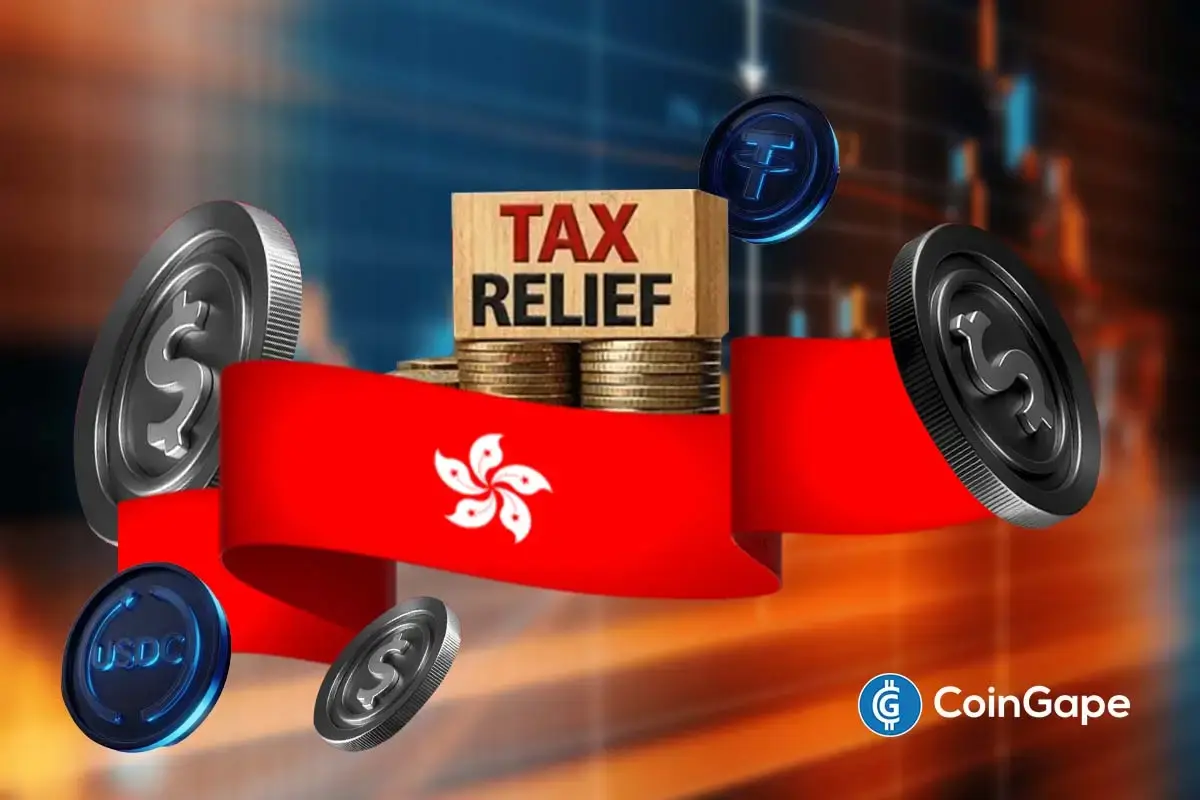South Korea Unveils Regulation To Initiate Major Crypto Delisting

Highlights
- The new South Korean regulation aims at delisting non-compliant virtual assets.
- The new crypto regulation is set to be unveiled by early June this year.
- It will clarify the criteria required for digital asset listing in South Korea.
The financial regulators in South Korea are seeking to incorporate protocols for terminating the trading of currently listed cryptocurrencies. The upcoming “Best Practices for Compliance with the Virtual Asset User Protection Act” will mark the delisting of several cryptocurrencies. The regulators said that this crypto regulation will be out in early June.
Components Of Upcoming Crypto Regulation In South Korea
An insider from South Korea’s Financial Supervisory Service disclosed on May 10 that the upcoming guidelines will include criteria for listing virtual assets. Additionally, the regulation will incorporate directives on the decision-making process regarding the continuation of trading for already listed virtual assets. Moreover, they emphasized that the aim is to establish a framework for delisting specific virtual asset issuers in the event of any issues.
Whilst, between late May and early June, the guidelines will be provided. As of now, South Korea’s Financial Supervisory Service is drafting guidelines to facilitate self-regulation among crypto exchanges ahead of the enactment of the Virtual Asset User Protection Act in July. Key components will include standards for virtual asset issuance volume, distribution volume, and transaction support.
Furthermore, it’ll consider measures such as the prohibition of listing virtual assets with a history of hacking. Moreover, the regulation will establish the requirement for Korean whitepapers and technical manuals for overseas virtual assets.
Currently, the Virtual Asset User Protection Act is in an early stage. Hence, an official from the Financial Supervisory Service noted inherent limitations in regulating virtual asset issuers and distributors. “The Virtual Asset User Protection Act is still in its first stage, so there are bound to be limitations in regulating virtual asset issuers and distributors,” he said, according to The Korea Economic Daily.
Also Read: Ripple CLO Hails Bipartisan Pushback on SEC’s Anti-Crypto Rules
DAXA’s Stance On Crypto Regulatory Scrutiny
In addition, to address this shortfall in South Korea, efforts are underway to establish self-regulatory measures such as best practices and guidelines. The decision by the Financial Supervisory Service to introduce such best practices stems from criticisms leveled at the efficacy of the Digital Asset Exchange Alliance’s (DAXA) common listing guidelines, unveiled last year.
“DAXA has guidelines for designating cautionary stocks and delisting, but it consistently takes a laissez-faire attitude even if large exchanges do not follow them,” commented Min Byeong-deok, a member of the Democratic Party of Korea. In response, Min Byeong-deok condemned the neutralization of self-regulation. He stated, “It has become neutralized, and self-regulation has become meaningless.”
Meanwhile, DAXA explained that its member companies aren’t subject to its guidelines. It also highlighted the autonomous review and decision-making regarding member companies’ transaction support items. “When a problem is identified with a member company’s transaction support item, it is reviewed in accordance with procedures, but the review process and decisions are made by each member company,” stated a DAXA official.
Moreover, anticipated outcomes of the upcoming announcement of best practices for listing virtual assets include the formulation of listing policies by domestic virtual asset exchanges. The reason behind this possibility is the authoritative nature of the guidelines as opposed to the voluntary nature of consultative bodies like DAXA.
Also Read: Kraken Urges To Dismiss SEC’s Unregistered Securities Trading Claims
Play 10,000+ Casino Games at BC Game with Ease
- Instant Deposits And Withdrawals
- Crypto Casino And Sports Betting
- Exclusive Bonuses And Rewards

- Crypto Market Update: Top 3 Reasons Why BTC, ETH, XRP and ADA is Up
- Crypto News: Bitcoin Sell-Off Fears Rise as War Threatens Iran’s BTC Mining Operations
- U.S.–Iran War: Monday Crypto Crash Odds Rise As Pundits Predict Oil Price Spike
- US-Iran War: Reports Confirm Bombings In UAE, Bahrain and Kuwait As Crypto Market Makes Recovery
- XRP Price Dips on US-Iran Conflict, But Capitulation Signals March Rebound
- Bitcoin And XRP Price As US Kills Iran Supreme Leader- Is A Crypto Crash Ahead?
- Gold Price Prediction 2026: Analysts Expect Gold to Reach $6,300 This Year
- Circle (CRCL) Stock Price Prediction as Today is the CLARITY Act Deadline
- Analysts Predict Where XRP Price Could Close This Week – March 2026
- Top Analyst Predicts Pi Network Price Bottom, Flags Key Catalysts
- Will Ethereum Price Hold $1,900 Level After Five Weeks of $563M ETF Selling?

 Buy $GGs
Buy $GGs
















